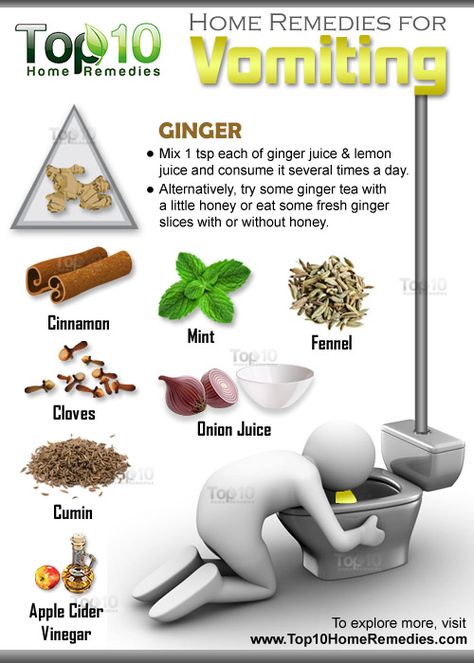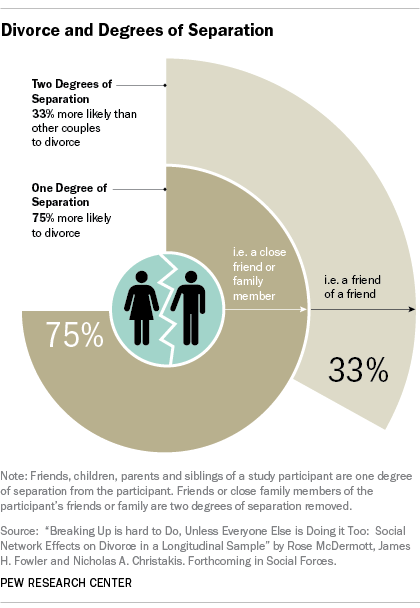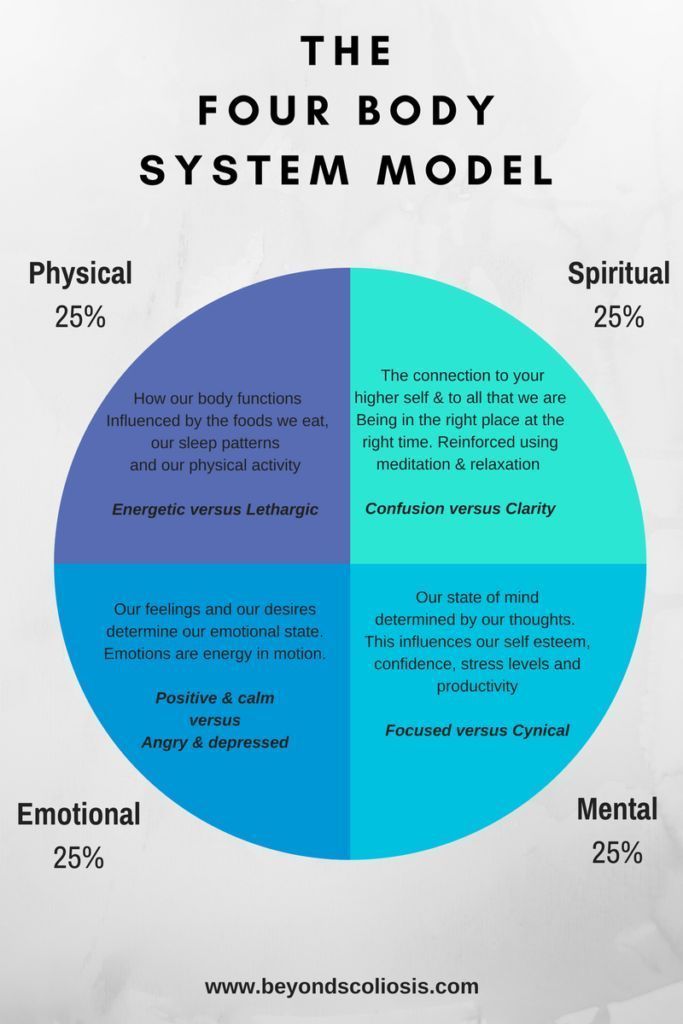Do antidepressants cause nausea
Which Antidepressants Cause Nausea? Plus Coping Tips
Nausea is a common side effect of antidepressants. It usually goes away as your body adjusts, but if nausea persists, there are a few possible solutions.
Nausea is a feeling of discomfort or queasiness in your stomach that makes you feel like you’re going to be sick. Feeling nauseated can sometimes lead to pain, dry heaving, or vomiting.
There are many reasons why you might become nauseated, including sensitivity to certain foods or smells, motion sickness, or particular medications — including antidepressants.
Mental health professionals prescribe antidepressants to treat depression, other mood disorders, and anxiety.
Though these medications can provide many benefits, they can also cause various side effects, including:
- weight changes
- dry mouth
- changes in sleep habits
- nausea
Often, nausea caused by antidepressants is mild and will stop once your body adjusts to the medication. But in other instances, nausea can be more severe and affect your daily life. If nausea or stomach issues persist, consider talking with your mental health professional about adjusting your medication.
Antidepressants can cause various side effects — especially as your body adjusts to the medication — such as headaches and disrupted sleep. But how exactly can medications for your mental health cause physical effects like nausea?
In most cases, it comes down to serotonin. Serotonin is a chemical neurotransmitter your brain produces to regulate many functions, including your mood, sleep, and digestion.
Depression and anxiety are often a result of low serotonin levels.
Most antidepressants — particularly selective serotonin reuptake inhibitors (SSRIs) and serotonin-norepinephrine reuptake inhibitors (SNRIs) — are designed to affect how the body processes serotonin. They prevent the cells from reabsorbing serotonin so that the serotonin can act for a longer period.
This can be great news for your mood but mean trouble for your digestive system.
Increased serotonin stimulates your gastrointestinal tract, which, according to a 2015 review, can lead to nausea and other stomach-related symptoms, like vomiting, appetite changes, or diarrhea.
It’s also possible to experience nausea or other side effects when you stop taking an antidepressant medication, especially if you stop too quickly.
When your body has become used to taking it, stopping suddenly can cause symptoms of antidepressant withdrawal or antidepressant discontinuation syndrome.
In addition to nausea, antidepressant withdrawal can cause:
- diarrhea
- vomiting
- fever
- headaches
- increased anxiety
- dizziness
- confusion
All medications come with the risk of side effects, but some options are more commonly used (or known) than others.
Some of the more popular antidepressants that may cause nausea include:
- citalopram (Celexa)
- escitalopram (Lexapro)
- fluoxetine (Prozac)
- sertraline (Zoloft)
- bupropion (Wellbutrin)
- vilazodone (Viibryd)
This doesn’t mean that other medications won’t lead to unpleasant side effects.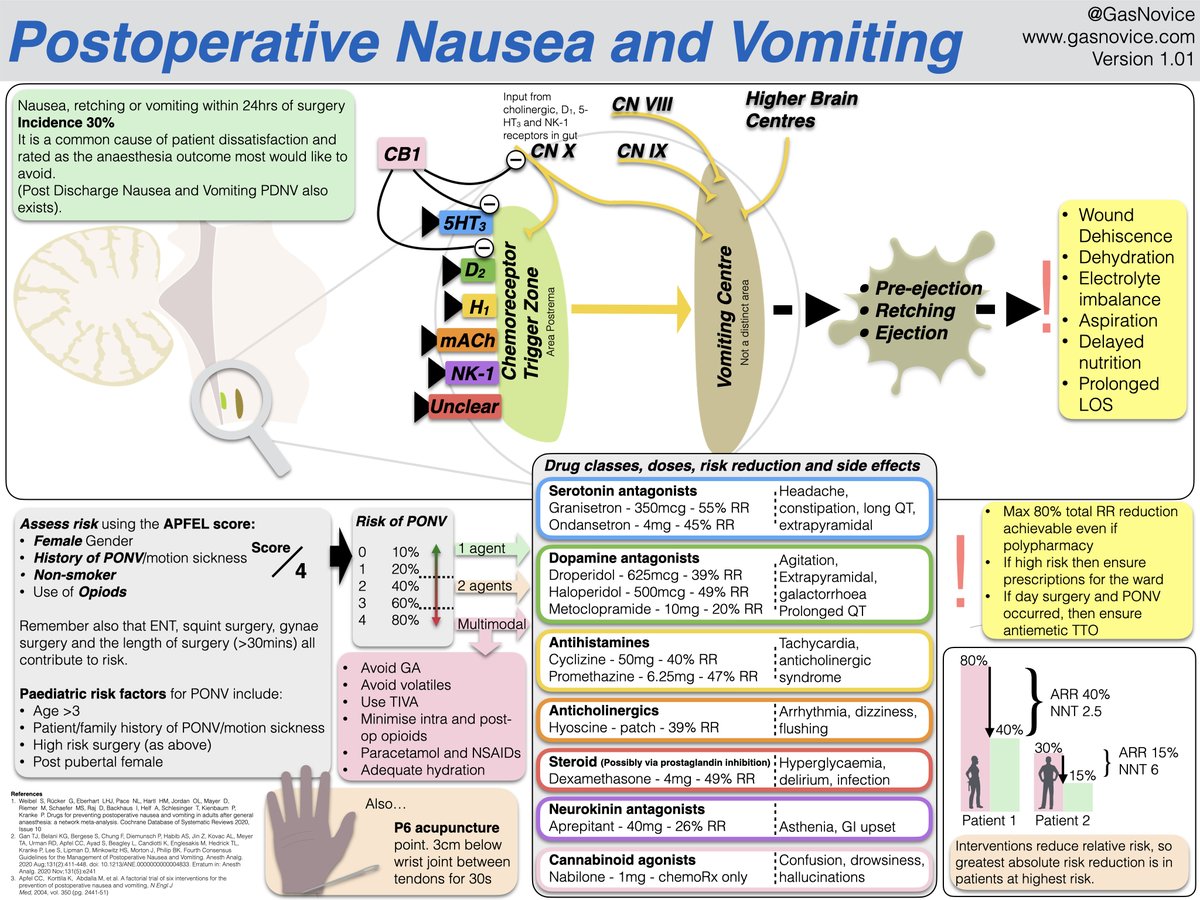 Research suggests that most drugs prescribed for depression and anxiety can cause nausea or stomach discomfort.
Research suggests that most drugs prescribed for depression and anxiety can cause nausea or stomach discomfort.
According to a 2016 review, nausea and vomiting are among the most common side effects antidepressant users experience.
The review analyzed several studies on the adverse effects of antidepressant medications, including SSRIs, SNRIs, bupropion, mirtazapine, and others.
The limited data suggested that nausea was most common with venlafaxine and fluvoxamine.
Also, people were more likely to stop their antidepressants if they experienced nausea more than any other side effect, the researchers found.
SSRIs, in particular, may put you at a higher risk of feeling nauseated than other medications. Research from 2008 indicates that as many as 32% of SSRI users continue to experience nausea or upset stomach for up to 3 months.
Several strategies can help you minimize nausea or upset stomach, including home remedies for nausea such as:
- taking your medication with food to reduce stomach irritation
- eating smaller meals throughout the day to avoid overeating with large meals
- avoiding intense physical activity right after taking your antidepressants
- drinking ginger, peppermint, or chamomile teas
- scheduling your medication for bedtime so you can sleep through any nausea or ill effects
- taking antacid or antiemetic (aka anti-nausea) medications
- staying hydrated
- talking with a doctor about dividing or decreasing your dosage or using a slow-release version of your medication
You’ll want to check with a doctor or pharmacist before starting an antacid to ensure it doesn’t interact with your medications.
If nausea or other side effects persist, it’s important to talk with a mental health professional before stopping the medication. Abruptly stopping an antidepressant can lead to severe withdrawal effects.
Your healthcare team can recommend dosage adjustments or other antidepressants that may be right for your symptoms and work with you to smoothly transition from your current prescription to a new one.
Nausea is one of the most common side effects of antidepressant medications. Antidepressants often increase your body’s serotonin levels, affecting mood and playing a large role in digestion.
An increase in serotonin can upset your stomach, causing nausea, vomiting, or other digestive issues.
Feelings of nausea often fade as your body adjusts to your antidepressant. Still, there are ways you can reduce nausea, such as taking your medication with a meal, scheduling your dose for bedtime, drinking stomach-friendly teas, or taking antacids or anti-nausea medications.
If feelings of nausea don’t go away or begin to affect your daily life, there are other options. A healthcare professional can help.
They can offer support and determine whether adjusting your dosage, using a slow-release form of your medication, or even switching to a new antidepressant, will work best for you.
Side effects - Antidepressants - NHS
The side effects of antidepressants can cause problems at first, but they generally improve with time.
It's important to continue treatment, even if you're affected by side effects, as it will take several weeks before you begin to benefit from treatment. With time, you should find that the benefits of treatment outweigh any problems from side effects.
During the first few months of treatment, you'll usually see your doctor or a specialist nurse at least once every 2 to 4 weeks to see how well the medicine is working.
For more information about your specific medicine, see the patient information leaflet that comes with it.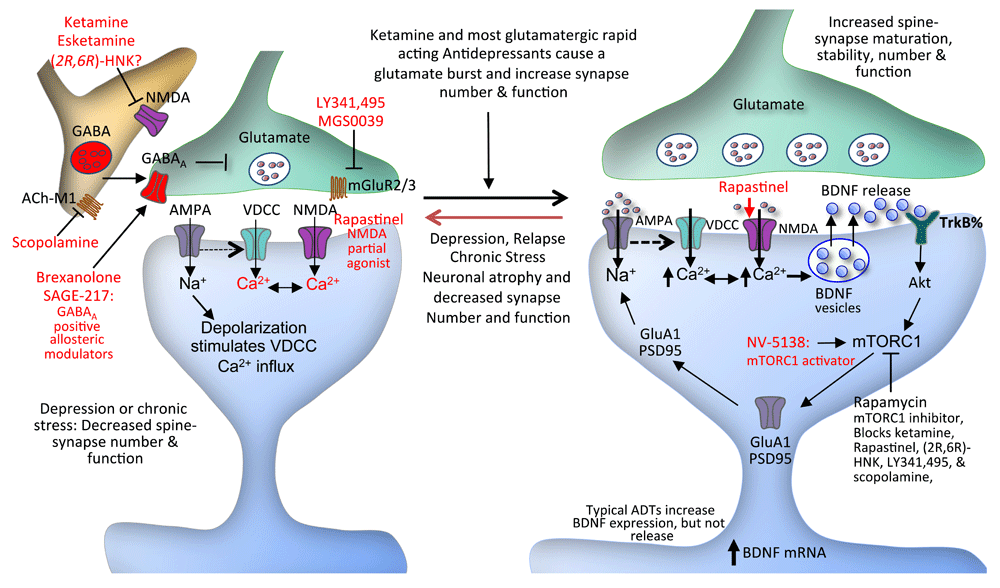
SSRIs and SNRIs
Common side effects of selective serotonin reuptake inhibitors (SSRIs) and serotonin-noradrenaline reuptake inhibitors (SNRIs) can include:
- feeling agitated, shaky or anxious
- feeling and being sick
- indigestion and stomach aches
- diarrhoea or constipation
- loss of appetite
- dizziness
- not sleeping well (insomnia), or feeling very sleepy
- headaches
- loss of libido (reduced sex drive)
- difficulties achieving orgasm during sex or masturbation
- difficulties obtaining or maintaining an erection (erectile dysfunction)
These side effects should improve within a few weeks, although some can occasionally persist.
Tricyclic antidepressants (TCAs)
Common side effects of TCAs can include:
- dry mouth
- slight blurring of vision
- constipation
- problems passing urine
- drowsiness
- dizziness
- weight gain
- excessive sweating (especially at night)
- heart rhythm problems (arrhythmia), such as noticeable palpitations or a fast heartbeat (tachycardia)
The side effects should ease after a couple of weeks as your body begins to get used to the medicine.
Potential health risks
Serotonin syndrome
Serotonin syndrome is an uncommon, but potentially serious, set of side effects linked to SSRIs and SNRIs.
Serotonin syndrome occurs when the levels of a chemical called serotonin in your brain become too high. It's usually triggered when you take an SSRI or SNRI in combination with another medicine (or substance) that also raises serotonin levels, such as another antidepressant or St John's wort.
Symptoms of serotonin syndrome can include:
- confusion
- agitation
- muscle twitching
- sweating
- shivering
- diarrhoea
If you experience these symptoms, you should stop taking the medicine and get immediate advice from your GP or specialist. If this is not possible, call NHS 111.
Symptoms of severe serotonin syndrome include:
- seizures (fits)
- irregular heartbeat (arrhythmia)
- unconsciousness
If you experience symptoms of severe serotonin syndrome, get emergency medical help immediately by dialling 999 to ask for an ambulance.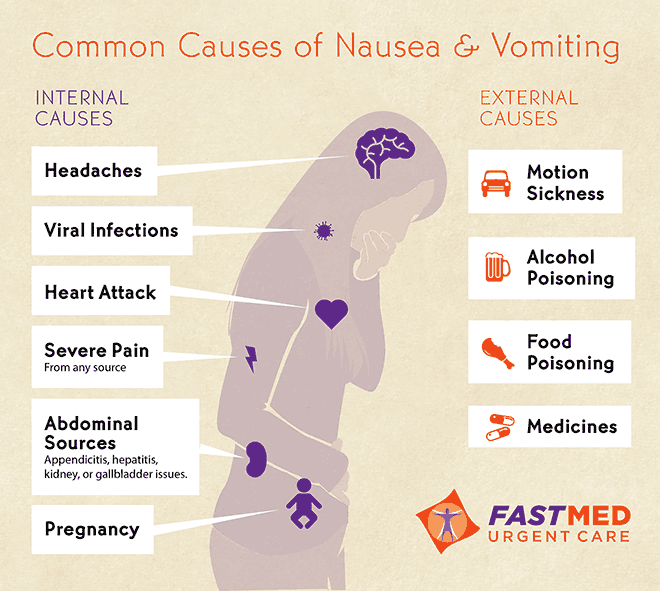
Hyponatraemia
Elderly people who take antidepressants, particularly those who take SSRIs, may experience a severe fall in sodium (salt) levels, known as hyponatraemia. This may lead to a build-up of fluid inside the cells of the body, which can be potentially dangerous.
This can happen because SSRIs can block the effects of a hormone that regulates levels of sodium and fluid in the body. Elderly people are vulnerable because fluid levels become more difficult for the body to regulate as people age.
Mild hyponatraemia can cause symptoms similar to depression or side effects of antidepressants, such as:
- feeling sick
- headache
- muscle pain
- reduced appetite
- confusion
More severe hyponatraemia can cause:
- feeling listless and tired
- disorientation
- agitation
- psychosis
- seizures (fits)
The most serious cases of hyponatraemia can cause you to stop breathing or enter a coma.
If you suspect mild hyponatraemia, you should call your GP for advice and stop taking SSRIs for the time being.
If you suspect severe hyponatraemia, call 999 and ask for an ambulance.
Hyponatraemia can be treated by feeding a sodium solution into the body through an intravenous drip.
Diabetes
Long-term use of SSRIs and TCAs has been linked to an increased risk of developing type 2 diabetes, although it's not clear if the use of these antidepressants directly causes diabetes to develop.
It may be that the weight gain some people using antidepressants experience increases the risk of them developing type 2 diabetes.
Suicidal thoughts
In rare cases, some people experience suicidal thoughts and a desire to self-harm when they first take antidepressants. Young people under 25 seem particularly at risk.
Contact your GP, or go to A&E immediately, if you have thoughts of killing or harming yourself at any time while taking antidepressants.
It may be useful to tell a relative or close friend if you've started taking antidepressants and ask them to read the leaflet that comes with your medicines. You should then ask them to tell you if they think your symptoms are getting worse, or if they're worried about changes in your behaviour.
Page last reviewed: 4 November 2021
Next review due: 4 November 2024
Antidepressants - stopstress.lv
- Antidepressants are taken only on prescription.
- These drugs are usually cleared from the body fairly quickly.
- These must be taken every day. Since the use of antidepressants, depending on the time of day, can change their effect on the body, it is necessary, if possible, to take antidepressants exactly at the time of day at which the doctor recommended you.
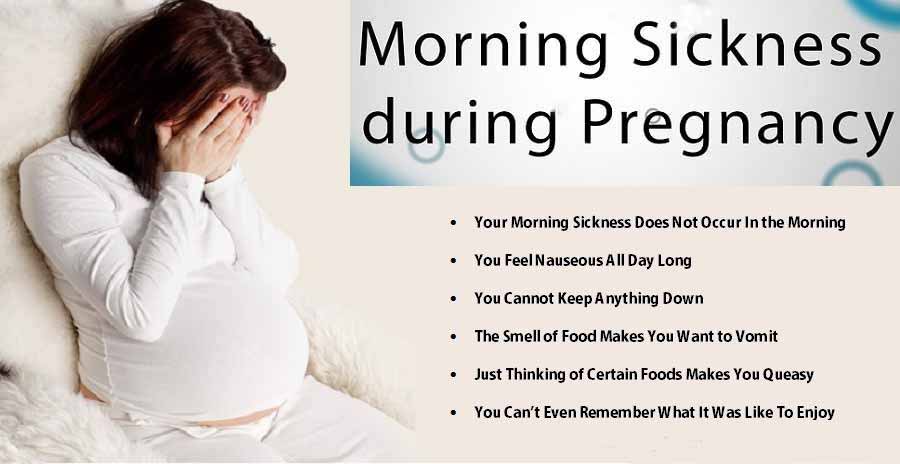
It is important to know that antidepressants are not addictive and are intended for long-term treatment.
Antidepressants, like other medications, have their side effects. The most common side effect that a patient may experience at the very beginning of treatment is loss of appetite and nausea. The mechanism of this side effect is well understood. Most antidepressants increase the amount of serotonin, which is the reason for the effect of normalizing mood and improving well-being. But since 90% of the body's serotonin receptors are located in the gastrointestinal tract, a too rapid increase in serotonin leads to irritation of these receptors in the first days of taking the medication. Within 1-2 weeks after starting the antidepressant, this side effect usually disappears spontaneously In almost all cases, nausea disappears quite quickly with a slower increase in doses of the drug at the very beginning of its use. There are extremely rare cases of intolerance to antidepressants, when nausea does not decrease and lasts more than two weeks, in these cases it is necessary to consult with your doctor.
 This side effect is in no way associated with any stomach disease and disappears completely without a trace when the drug is discontinued.
This side effect is in no way associated with any stomach disease and disappears completely without a trace when the drug is discontinued. Another side effect that patients taking antidepressants should be informed about is various sexual dysfunctions. They appear in both men and women. The mechanism of this phenomenon is also well understood and is also associated with an increase in serotonin in the body. This phenomenon does not decrease and does not disappear with further use of antidepressants in the same doses, however, when the drug is discontinued, it disappears without a trace. In no case should you stop using the drug, but you should not continue to experience this side effect either. It is necessary to inform the attending physician about this in order to find the most suitable solution for this problem for you. Currently, there are many ways to deal with this. The doctor may suggest, for example, to change the dose of the drug, change the antidepressant, add other medications to reduce the manifestation of this side effect, or, in certain cases, in a stable state of health, on certain days will recommend that you stop using the medication, given that these days the effect side effects are greatly reduced.

In patients with arterial hypertension, when taking antidepressants, blood pressure usually normalizes, and it may be necessary over time to reduce doses and even stop antihypertensive drugs. Although in rare cases, when taking certain antidepressants, an increase in blood pressure is also possible.
If you are taking antidepressants and begin to notice swelling in the legs, weight gain, or uncharacteristic vivid dreams, then you need to pay attention to this doctor, as these manifestations, in all likelihood, may be associated with the use of these drugs. antidepressants due to the fact that when the condition improves, patients significantly decrease or even disappear anxiety and anxiety. And the body no longer burns calories, but begins to accumulate them, so it is necessary to monitor weight and calorie intake.
Antidepressants usually do not cause allergic reactions, and in the case of an allergy, another cause must be sought.
SIDE EFFECTS OF ANTIDEPRESSANTS (SSRIs) | Clinical Center "Psychiatry - Narcology"
Currently, the most commonly prescribed antidepressants are drugs from the group of selective serotonin reuptake inhibitors (SSRIs). For most, these medicines are safe and effective, but like all medicines, they can cause side effects. According to statistics, about 40% of patients taking antidepressants also experience side effects, in about 25% of cases they are quite unpleasant. Two of the most common side effects (sexual dysfunction and weight gain) are often the reason people stop taking these medications.
For most, these medicines are safe and effective, but like all medicines, they can cause side effects. According to statistics, about 40% of patients taking antidepressants also experience side effects, in about 25% of cases they are quite unpleasant. Two of the most common side effects (sexual dysfunction and weight gain) are often the reason people stop taking these medications.
The following are the 7 most common side effects of antidepressants that patients should be aware of:
1. SOMATIC SYMPTOMS.
When medications for depression are first prescribed, the most common physical symptoms are headache, nausea, joint and muscle pain, rash, and diarrhea. These symptoms are usually mild and temporary. The results of clinical studies have shown that nausea and headache are the most common. As a rule, these symptoms are adaptive in nature, as a rule, they pass on their own, without requiring discontinuation of the drug.
2. SLEEP DISTURBANCE.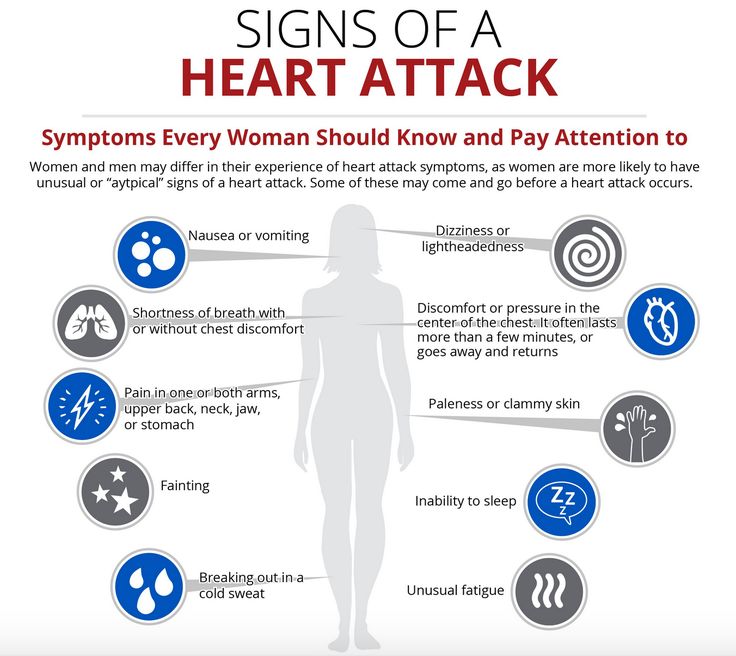
Many patients report sleep problems when first prescribed antidepressants: difficulty falling asleep or light sleep with frequent awakenings. Also, against the background of taking SSRIs, nightmares and sleepwalking can be observed. Studies have shown that about 22% of people taking antidepressants experience sleep problems.
3. DAY SLEEPNESS .
Sleepiness during the day may be the result of a poor night's sleep, or the direct sedative effect of the antidepressant. In the case when it is a sedative effect, the problem can be solved by transferring the drug to the evening.
4. MIGRAINES
Due to the fact that people who are prone to depression also often suffer from migraines, you need to be careful when taking medications in combination. Medicines; used to treat migraines, triptans, like SSRIs, increase serotonin levels in the brain. If these drugs are used together, it can lead to the development of serotonin syndrome, which manifests itself in the form of headache, heart palpitations, hot flashes.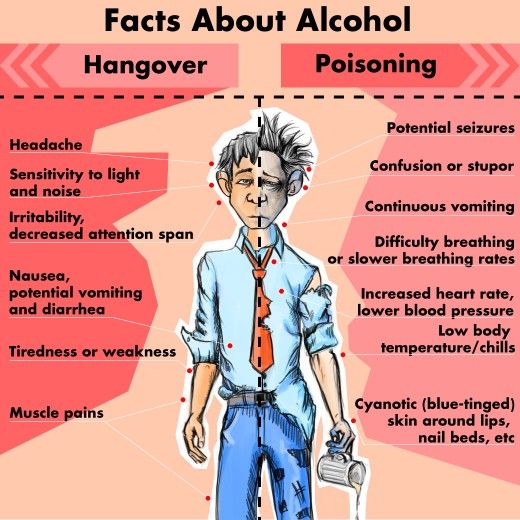 Be sure to discuss with your doctor how to avoid the development of serotonin syndrome if you are prescribed medications of both groups.
Be sure to discuss with your doctor how to avoid the development of serotonin syndrome if you are prescribed medications of both groups.
5. WEIGHT SET.
Weight gain is one of the late side effects of antidepressants and is one of the most common reasons for refusing to continue taking or an indication for changing the drug. A good prevention of this side effect is moderate physical activity (for example, a 30-minute workout every other day). The likelihood of weight gain also depends on the drug that is prescribed. According to clinical trials, while taking paroxetine, about 25% of patients gain 7% of their weight.
6. SUICIDE .
The risk of suicide while taking antidepressants is currently under extensive investigation. According to most studies, compared with placebo, taking SSRIs or other antidepressants doubles the likelihood of suicidal thoughts. The overall risk of this side effect when taking antidepressants in adolescents and adults is 2 to 4 percent.